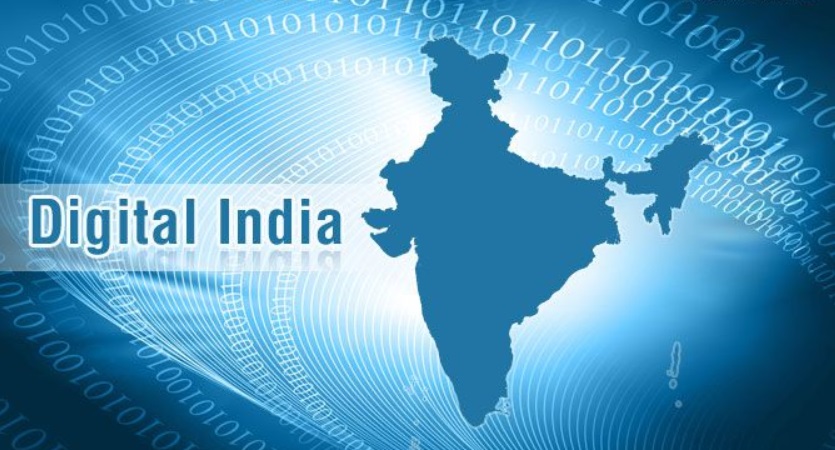
The Reserve Bank of India (RBI), is looking to introduce the technology, which will enable users to engage in conversation with AI-powered systems and make payments in a safe and secure environment. Also, the institution is promoting retail digital payments in situations where internet / telecom connectivity is weak or not available.
The RBI announced that it had proposed a feature allowing users to converse with the AI to initiate and complete a UPI payment. Initially, a user can pass voice commands in Hindi and English. But eventually, the central bank will work towards enabling conversations in more regional languages.
Conversational payments in UPI
As Artificial Intelligence (AI) is becoming increasingly integrated into the digital economy, conversational instructions hold immense potential in enhancing ease of use, and consequently reach, of the UPI system. „It is, therefore, proposed to launch an innovative payment mode viz., “Conversational Payments” on UPI, that will enable users to engage in a conversation with an AI-powered system to initiate and complete transactions in a safe and secure environment.” – according to the press release.
„This channel will be made available in both smartphones and feature phones-based UPI channels, thereby helping in the deepening of digital penetration in the country. The facility will, initially, be available in Hindi and English and will subsequently be made available in more Indian languages. Instructions to NPCI will be issued shortly.” RBI explains.
Offline payments in UPI
To increase the speed of small value transactions on UPI, an on-device wallet called “UPI-Lite” was launched in September 2022 to optimise processing resources for banks, thereby reducing transaction failures. „The product has gained traction and currently processes more than ten million transactions a month” according to RBI.
„To promote the use of UPI-Lite, it is proposed to facilitate offline transaction using Near Field Communication (NFC) technology. This feature will not only enable retail digital payments in situations where internet / telecom connectivity is weak or not available, it will also ensure speed, with minimal transaction declines. Instructions to NPCI will be issued shortly.” the central bank said.
Enhancing transactions limits for small value digital payments
A limit of ₹200 per transaction and an overall limit of ₹2000 per payment instrument has been prescribed by the Reserve Bank for small value digital payments in offline mode including for National Common Mobility Card (NCMC) and UPI Lite. By removing the need for two-factor authentication for small value transactions, these channels enable faster, reliable, and contactless mode of payments for everyday small value payments, transit payments etc. Since then, there have been demands for enhancing these limits.
„To encourage wider adoption of this mode of payments and bring in more use cases into this mode, it is now proposed to increase the per transaction limit to ₹500. The overall limit is, however, retained at ₹2000 to contain the risks associated with relaxation of two-factor authentication. Instructions in this regard will be issued shortly.” RBI added.
FinTech – Public Tech Platform for Frictionless Credit
With rapid progress in digitalization, India has embraced the concept of digital public infrastructure which encourages FinTech companies and start-ups to create and provide innovative solutions in payments, credit, and other financial activities. For digital credit delivery, the data required for credit appraisal are available with different entities like Central and State governments, account aggregators, banks, credit information companies, digital identity authorities, etc. However, they are in separate systems, creating hindrance in frictionless and timely delivery of rule-based lending.
To address this situation, a pilot project for digitalisation of Kisan Credit Card (KCC) loans of less than ₹1.60 lakh was started in September 2022. The pilot tested end-to-end digitalisation of the lending process in a paperless and hassle-free manner. The KCC pilot is currently underway in select districts of Madhya Pradesh, Tamil Nadu, Karnataka, UP, Maharashtra and the initial results are encouraging. The pilot also enables doorstep disbursement of loans in assisted or self-service mode without any paperwork. A similar pilot is being carried out for dairy loans based on milk pouring data with Amul in Gujarat.
Based on the learnings from the above pilots and expand the scope to all types of digital loans, a digital Public Tech Platform is being developed by the Reserve Bank Innovation Hub (RBIH). The Platform would enable delivery of frictionless credit by facilitating seamless flow of required digital information to lenders. The end-to-end digital platform will have an open architecture, open Application Programming Interfaces (APIs) and standards, to which all financial sector players can connect seamlessly in a ‘plug and play’ model.
„The Platform is intended to be rolled out as a pilot project in a calibrated fashion, both in terms of access to information providers and use cases. It shall bring about efficiency in the lending process in terms of reduction of costs, quicker disbursement, and scalability.” RBI explains.
Banking 4.0 – „how was the experience for you”
„To be honest I think that Sinaia, your conference, is much better then Davos.”
Many more interesting quotes in the video below: